






Panellists:
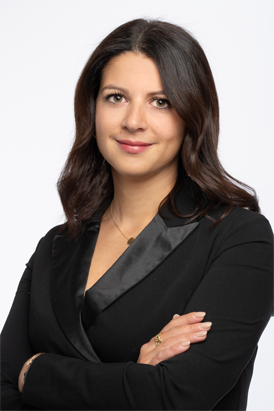

Allegra Muscatello holds a Master’s Degree in Materials Engineering and Nanotechnology from Politecnico di Milano.
After an experience in the textile and fashion industry with a Sustainability Specialist role, she is currently working since almost 4 years in Taghleef Industries, as a Product Manager within the Business Team of Flexible Packaging, responsible for the brand of biobased and biodegradable packaging solutions NATIVIA®.
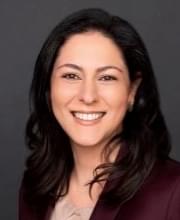

• Dr. Afsaneh Nabifar is leading the Advocacy and Sustainability topics for Biopolymers at BASF globally.
• Chemical engineer by training, she has a Ph.D. in Polymer Science and Engineering from the University of Waterloo in Canada.
• Afsaneh has been with BASF since 2012, where she has held several positions in R&D, Market, and business development for various businesses within BASF that supply material to the packaging industry.
• She has solid know-how not only about the materials (printing inks, adhesives, or different barrier options) but also regarding processing technologies (film extrusion or paper coating) and the recycling options (mechanical, chemical, or organics recycling) relevant for packaging.
• Besides involvement in several plastic and paper packaging associations like EUROPEN, CEFLEX, and 4evergreen, Afsaneh is a Board member of the European Bioplastic Association (EUBP) and the British Bio-based and Biodegradable Industry Association (BBIA).
• She is Chair of the Board of Directors at the newly funded Compostable by Design Platform (CbDP) which is a cross-value chain platform with a focus on compostable packaging.
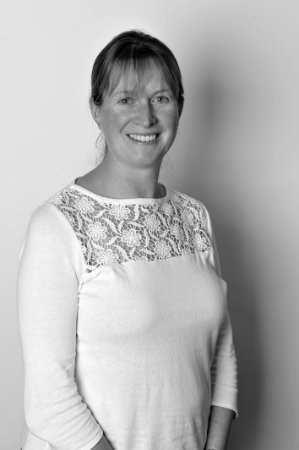
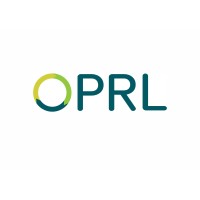
Alice has worked for OPRL since 2014 and heads up the Member Support team, providing support on labelling of packaging and determining recyclability. Alice started her career at HDRA as part of the Sustainable Waste Team. She moved to WRAP in 2005 to continue work on consumer communications through the Home Composting Programme, Recycle Now and Recycle for London campaigns.
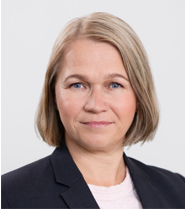

Heli Borgström has a long experience at UPM in various business areas and several years of working experience abroad. She has been in many leadership positions in sales, supply chain management, product development and marketing. She has extensive international experience in fiber-based packaging development.
In her current role Heli is part of UPM Specialty Papers’ sales team and responsible for implementation of UPM Specialty Papers’ packaging growth strategy.
She works closely with the whole value chain and especially with specifiers and end-users to develop sustainable packaging solutions.
Heli has a M. Sc. (Forestry and Marketing), she has graduated from Helsinki University, Finland.
In her current role Heli is part of UPM Specialty Papers’ sales team and responsible for implementation of UPM Specialty Papers’ packaging growth strategy.
She works closely with the whole value chain and especially with specifiers and end-users to develop sustainable packaging solutions.
Heli has a M. Sc. (Forestry and Marketing), she has graduated from Helsinki University, Finland.
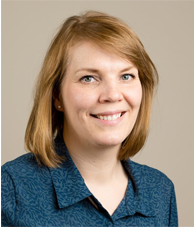
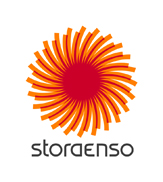
Marjukka is a sustainability professional, having 16 years of experience in the field of sustainability and Life Cycle Assessments (LCA) both in research and industry. During these years she has conducted several full LCAs for various products from different industry sectors and worked in several research projects assessing sustainability and environmental aspects of different technologies, processes, and products. In her current role Marjukka is leading packaging sustainability expert team in Stora Enso Packaging Materials that focuses on packaging life cycle sustainability matters, from environmental impacts of raw materials to end of life of packaging.
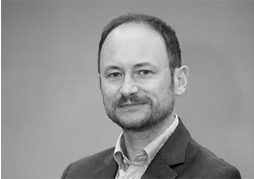

Romeo Pavanello has been working as Environment & LCA manager for Metal Packaging Europe (MPE) - the European association representing the producers and national associations of rigid metal packaging for consumer products (beverage, food, aerosol, general line and closures). In his role at MPE, Romeo Pavanello is responsible for managing topics related to the sustainability and circularity of metal packaging and has an extensive knowledge of Life Cycle Assessment (LCA).
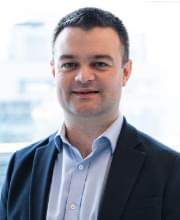

Bio to follow shortly
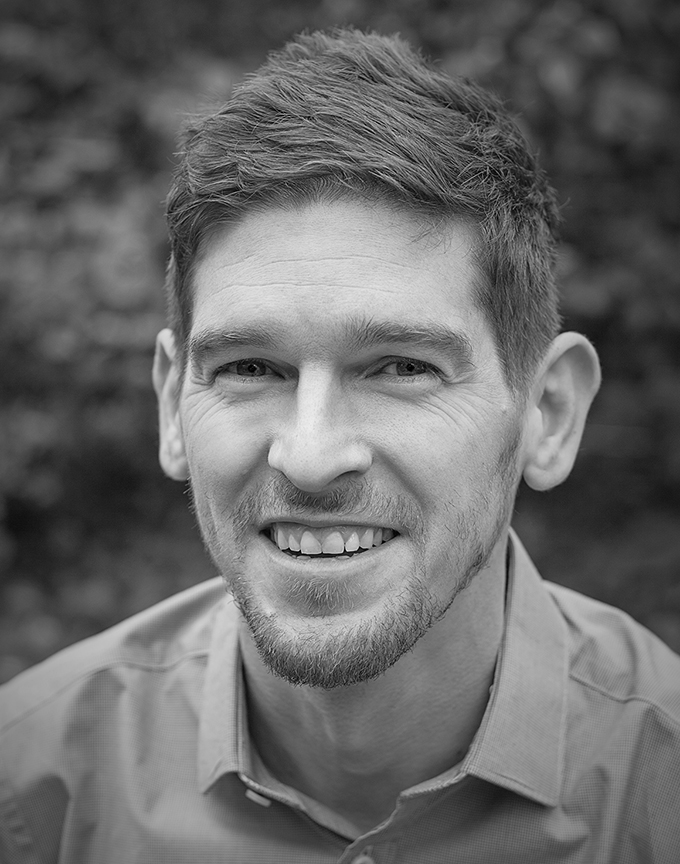

Tom is an award-winning innovator with 23 years’ industry experience. Initially working in the consumer products sector with Reckitt, Tom has spent the last 17 years in the paper and packaging industries working for market leading multi-national companies including; UPM, DS Smith and Billerud as well as running his own independent sustainable packaging consultancy for 4 years.
Tom’s experience is wide ranging, from consumer and market insight, mergers & acquisitions and brand owner management to product development and sustainability.
Recently Tom hosted and presented on two international webinars focused on the circular economy and innovations in packaging. In 2022 Tom presented as part of Esko’s Sustainability in Packaging series of webinars and at Smithers’ E-Pack event in the US. Added to this Tom has prior experience of managing multi-market consultancy projects focused on packaging strategy & roadmap development for branded consumer goods.
Tom was awarded the “Think New” award by Billerud at a ceremony in Stockholm in Dec 2017 for his work leading a team that developed 2 new paper grades, and innovative bag designs, that helped break the market for paper based e-commerce mailing bags.
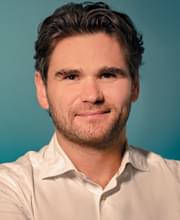

Feliks is currently leading Mars' global packaging sustainability strategy with a special focus on improving circularity of flexible packaging. He is passionate about circular economy and keen to develop systemic solutions to improve the life cycle of plastic packaging. He has extensive business and technical experience in packaging design and recycling infrastructure, and for more than 10 years he has been involved in various sustainability positions helping companies such as Renault, Tarkett and Danone to transition towards circular economy.
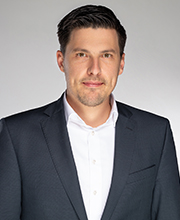

Degree MBA General Management from Allensbach Univiersitiy Konstanz, M.A. in Sociology, Political Sciences and American Studies form Mainz University
o >10 years experience at GVM Gesellschaft für Verpackungsmarktforschung (German specialists for packaging market research and consulting) for customers like the German Federal Environmental agency, WWF, ZSVR (German Central Agency Packaging Register), HDE (German Retail Association), IK Industrievereinigung Kunststoffverpackungen (German Association for Plastic Packaging), BDE (German Waste Management Association)
o At PreZero since 2019, assisting with establishing a new centralized unit for packaging sustainability within Schwarz Group
o Specialist for consulting on sustainability, economics, legal requirements and marketing aspects of packaging


Gizem Narin is a Technical Packaging Engineer at METRO based in Duesseldorf. She is responsible for the development and quality assurance of packaging for common source Own Brand products for METRO Cash & Carry International and providing general packaging support to the METRO countries. Prior to METRO, she was a packaging development engineer at Colgate Palmolive and R&D Responsible at Unilever. She holds a Bachelor's Degree in Chemistry and a Master's Degree in Material Science and Engineering.
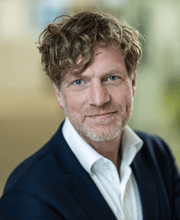

As the director of CIRCPACK®, Vincent and his team offer consultancy services to brand owners, retailers and packaging companies in order to increase the recyclability of packaging.
CIRCPACK is part of the Veolia-group, the world leader in smart and sustainable resource management. Vincent has over 10-years’ experience in innovation in the recycling industry. He established multiple new recycling propositions and set up value-chain partnerships. With an extensive background in product innovation, marketing and sustainability, Vincent combines strong customer focus with clear understanding of technological challenges.
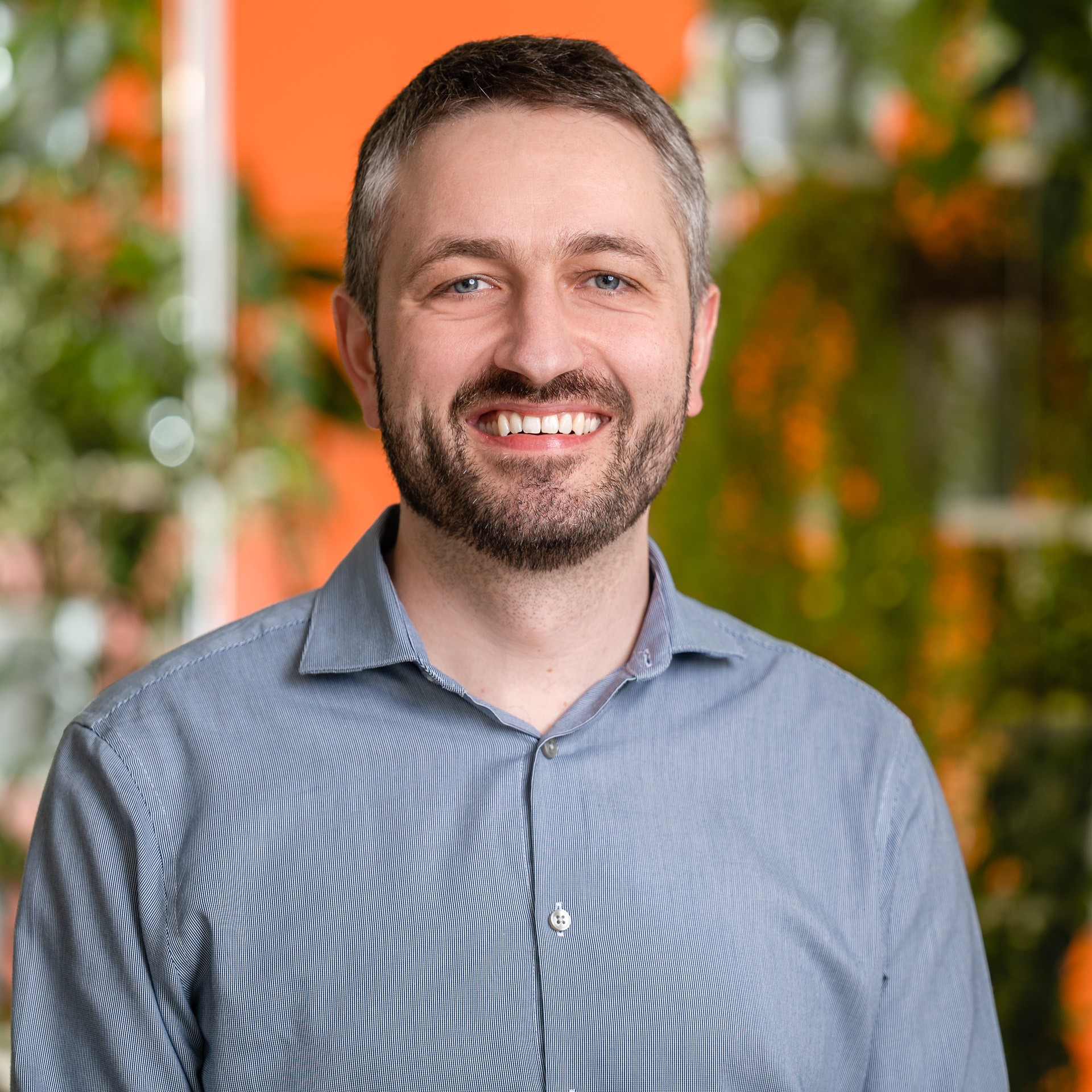

Fabio Peyer is the Director of Growth & Sustainability for Mondi Flexible Packaging, based in Vienna, Austria. In this role, Fabio oversees the Product Sustainability, Innovation and Marketing agenda for the business unit and is responsible for accelerating growth through sustainable paper and packaging solutions in line with Mondi's MAP2030 commitments. He brings 17 years of experience in the packaging industry, and holds a master’s degree in Environmental Sciences from the Swiss Federal Institute of Technology.
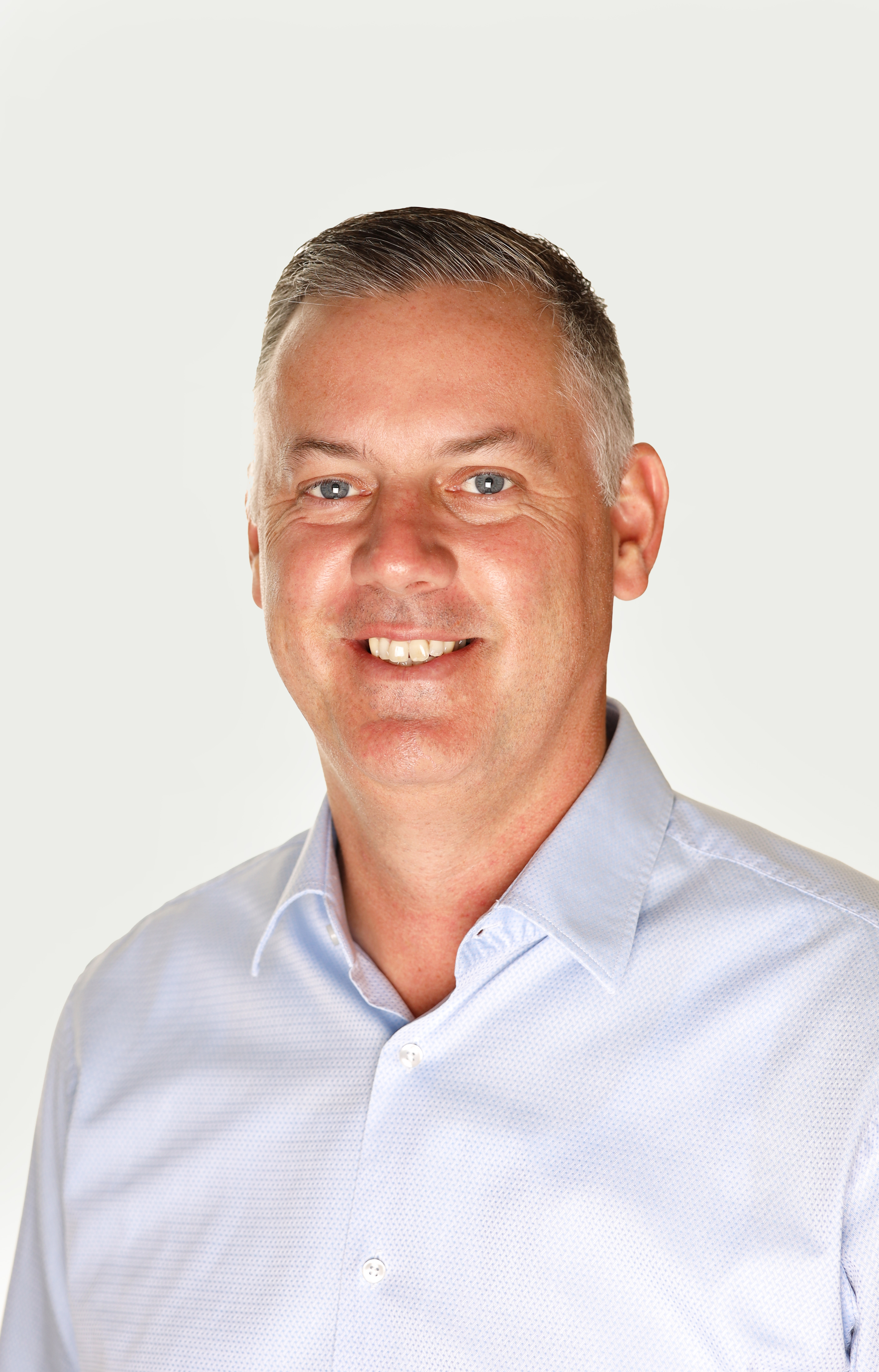

Nico has been working at MCC for the past 15 years.
He started as Key Account Manager for European customers with additional sales responsibilities in Latin America and Asia.
Afterwards he moved to the new position of Product & Circular Economy Manager within the business Unit Global IML
In this role he is connecting the dots between “The Market”, Product Innovation, Marketing and Sales in order to manage the product life cycle of In Mold Labels (IML) and Molded Fiber Labeling (MFL).
In his role of Circular Economy Manager, Nico is responsible for the execution of the sustainability strategy with a clear focus on Product Innovation and cross value chain collaboration.
As a Leadership Team member of the HolyGrail2.0 project, he’s strongly involved in exploring and testing more intelligent sorting of packaging waste. Within the HG2.0 project, Nico is leading the WP2 on printed digital watermarks.
Next to this, he is also a AB-representative in the Recyclass PP Technical committee and representing MCC in the NEXTLOOPP project driving the production of food-grade rPP.
Nico holds a Bachelor degree in Electronics/automation which gave him a firm base for his professional career.
Nico holds a post-academic degree Food packaging obtained at the university of Ghent.
Before Nico started his career at MCC, he worked for several years as product manager and as Area Manager for 2 different international companies based in Belgium and the Netherlands.
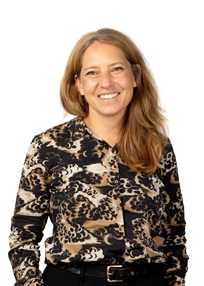

Anna Altner is a pioneering entrepreneur and industrial technologist advancing innovation in fiber-based packaging. With 20+ years of experience in manufacturing, materials science, fiber innovation, and scalable production, she has built her career at the intersection of deep technology and industrial impact.
In 2014, she founded The Loop Factory, an innovation hub for circular materials and technologies. Building on more than a decade of applied R&D, Anna launched Yangi ® in 2021, a global packaging solutions company, and its unique Cellera® dry forming technology, transforming how fiber-based packaging is designed, manufactured, and scaled.
Today, she leads the commercialization of dry forming, delivering industrial-ready solutions that are redefining what’s possible in fiber-based packaging. Anna believes the future of packaging will be shaped by rethinking production systems, combining industrial intelligence, collaboration, and circular design to deliver scalable, high-impact solutions.